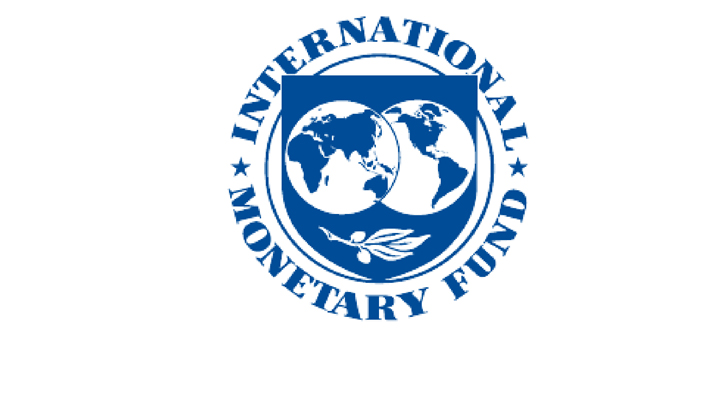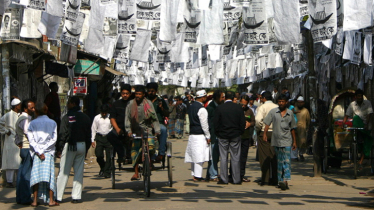
Photo: Collected
Due to IMF conditionalities, a contractionary monetary policy, and syndicate activities, inflation in the country has soared to levels that outstrip consumer incomes. A large number of people are now facing extreme hardship due to continuous manipulation of daily commodity prices. Although the food inflation rate is decreasing globally, it continues to rise in countries like Bangladesh. An analysis of average wage growth trends indicates that real consumer incomes have declined as inflation has outpaced income growth. This situation is not only alarming but also poses significant challenges for the economy.
The Russia-Ukraine war has caused international market prices to surge, leading to a sharp and ongoing rise in food prices in Bangladesh. Last year, the country experienced a 12-year high in food inflation, prompting expectations that the government would implement measures to alleviate the situation. However, the opposite has occurred, with prices continuing to climb.
Despite this, there is some optimism. The report suggests that measures taken by the central bank and the government could reduce the inflation rate in the coming months. Additionally, the rate of depreciation of the taka against the dollar is expected to decrease slightly, which would also help to curb inflation.
The question arises: why are we failing in controlling inflation while a country like Sri Lanka, which has been bankrupted by an economic crisis, has succeeded? Why isn't the fall in world market prices affecting the country? Despite normal conditions of production, storage, and supply, unscrupulous traders are manipulating prices, creating artificial shortages and driving up costs to make massive profits. Even during peak production seasons, the market for domestically produced goods remains unstable due to this manipulation.
This situation highlights the inefficiency of market supervision agencies. There are widespread discussions about collusion between dishonest officials and market supervision employees with unscrupulous traders. The steps taken by authorities to address this issue remain unclear. Authorities should remember that no matter how many measures are implemented, achieving the desired outcomes will be uncertain if internal corruption persists.
Every government institution must genuinely work to overcome the artificial crises created by syndicates, rather than using the global economic situation as an excuse for unchecked inflation. Let's not forget that those living below the poverty line have no savings and no access to loans. In this dire situation, they are forced to stop their children's education and medical expenses, and in some cases, they are reduced to eating one meal a day instead of three. The syndicate's grip has now extended to the food of the poor.
It must be remembered that if the livelihoods of a large segment of the population are threatened by syndicate-driven artificial inflation, the rest of the population will not remain untouched by its adverse effects in the future. Addressing this issue is crucial for the stability and well-being of the entire nation.
Messenger/Fameema








